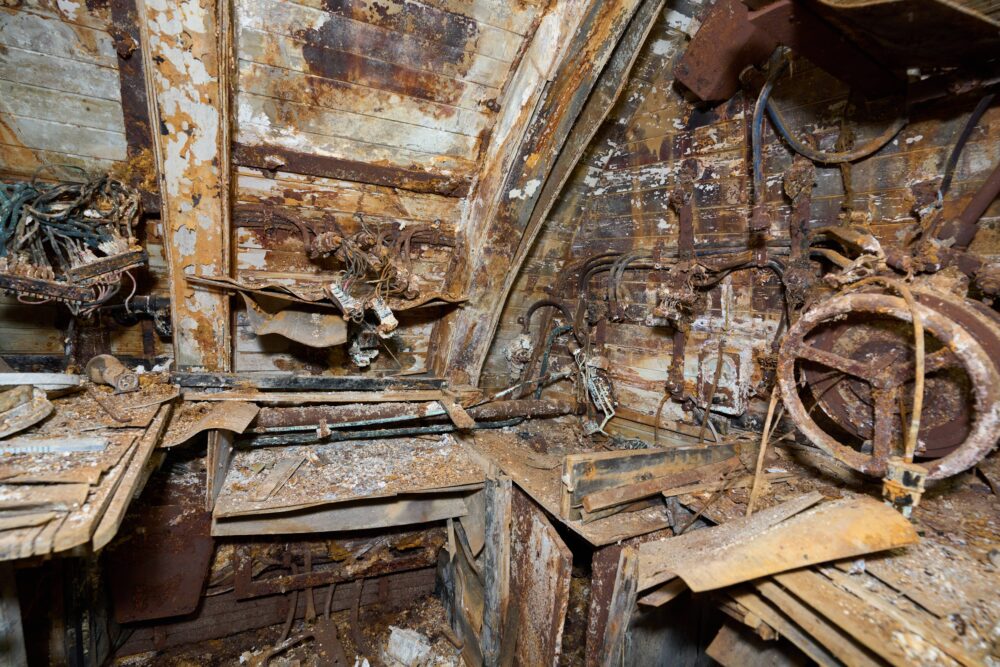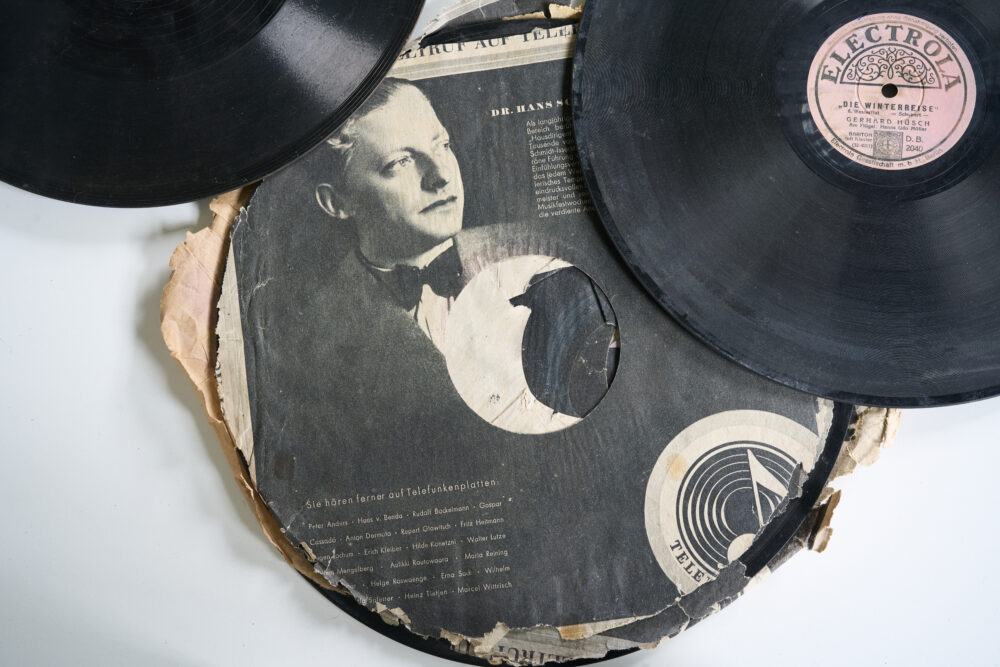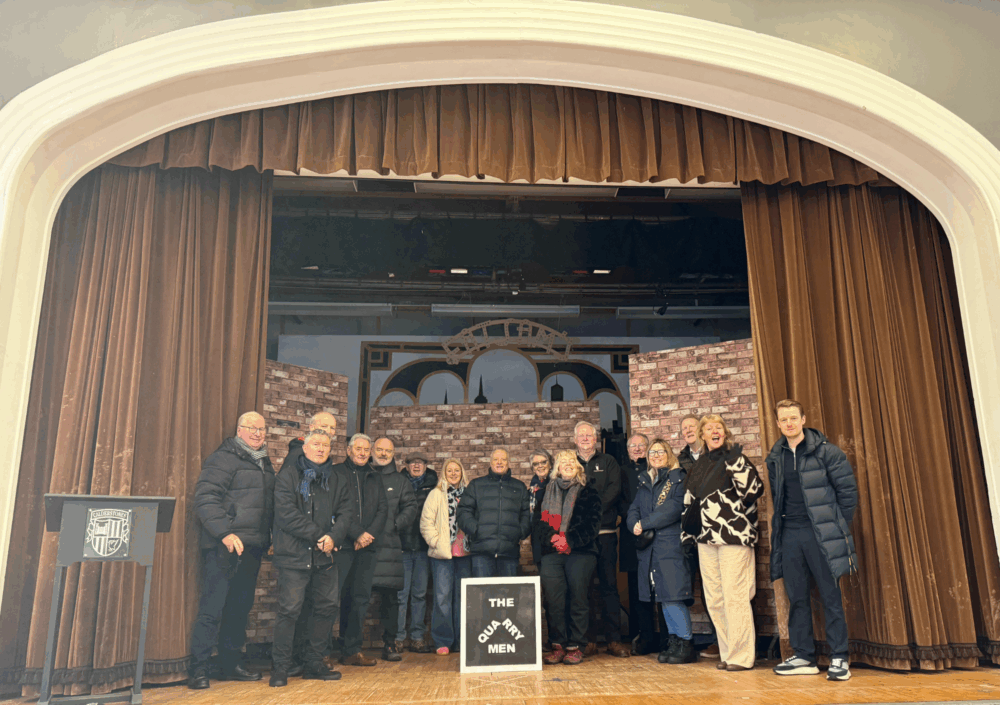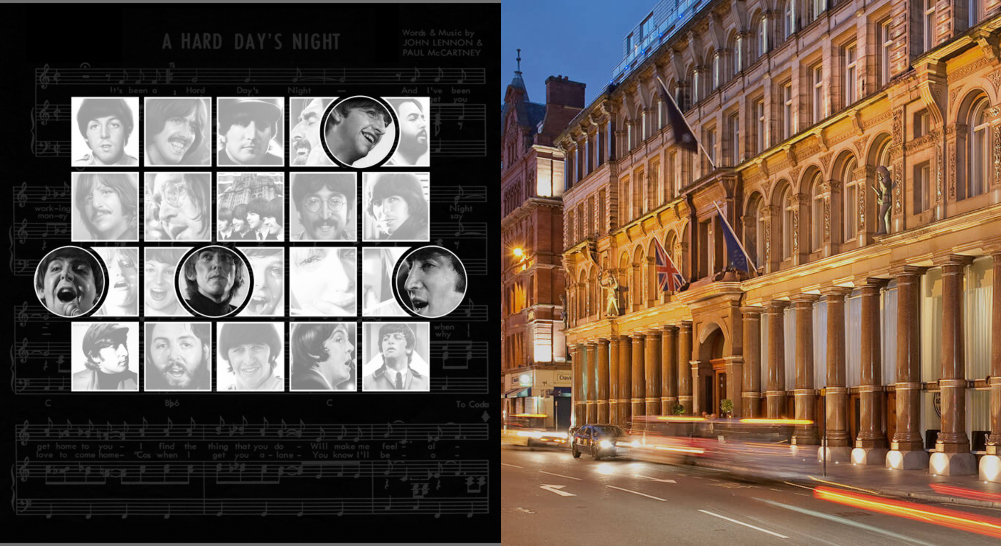
History
Incredible discovery that brings the history of a sunken submarine to life
3 years ago

Songs from under the sea: ‘shipwreckords’ from a sunken submarine are making waves.
In a city famous for its music history, researchers from Big Heritage are listening to gramophone records, in Western Approaches, that spent almost half a century under the sea.
The fragile discs survived 48-years entombed inside a sunken Nazi submarine, U-534, at a depth of 220ft in the frigid waters of the Kattegat. The team at award-winning heritage organisation Big Heritage set out to see if these battered discs, which they’ve nicknamed ‘shipwreckords’, could still play music, and the results were better than anyone could have imagined. It’s believed to be the only time in history that phonographic records have been recovered from a shipwreck in playable condition.
U-534 was sunk by RAF bombers in the final days of WW2 after refusing to surrender, a defiant action which fuelled decades of speculation about secret missions and valuable cargo. The entire crew of 52 escaped (though three later died in the water) making it a tempting target for treasure hunters. A costly salvage operation in 1993 raised the submarine and found no hint of gold, paintings and other treasures, but the interior of the boat and its contents were in a remarkable state of preservation.

The Big Heritage team are the new custodians of U-534 which will form a new Battle of the Atlantic Centre at Woodside in partnership with Mersey Ferries and Wirral Borough Council. The project is part of a multi-million pound regeneration scheme funded by the Department of Housing and Levelling Up.
The first test was performed inside the Western Approaches bunker in Liverpool, the headquarters of the battle against the U-boats now operated as a museum by Big Heritage. A vintage wind-up gramophone was set up in the main operations room, and soon the huge space echoed to the eerie sound of Bach’s Air on the G-String, Schubert’s Winterreise, and Strauss’ Künstlerleben, as well as a selection of German popular singers like Zarah Leander and Gerhard Hüsch.
Dean Paton, managing director of Big Heritage, said:
“This is an incredible discovery that brings the history of U-534 to life in a way that we never thought possible. U-534 is renowned for being one of the most technically advanced submarines in the world when it was in service, but we’re more interested in the human element of the crew, all young men who would mostly have been no older than 15 when war broke out.
“These records show a human side to the U-Boat crew, they were normal men. A stark reminder from history of how normal people can be convinced to do awful things by tyrants.”
This May will see Liverpool host both the Eurovision Song Contest and the Battle Of The Atlantic 80th anniversary events, and this latest discovery neatly threads a needle between the two. These silt-stained records may have been produced in Nazi Germany but they remain a powerful, tangible reminder of how music can maintain our humanity even during the most inhuman times.
Big Heritage hope to organise listening sessions for the public in the near future.









 Subscribe
Subscribe Follow Us
Follow Us Follow Us
Follow Us Follow Us
Follow Us Follow Us
Follow Us Follow Us
Follow Us











